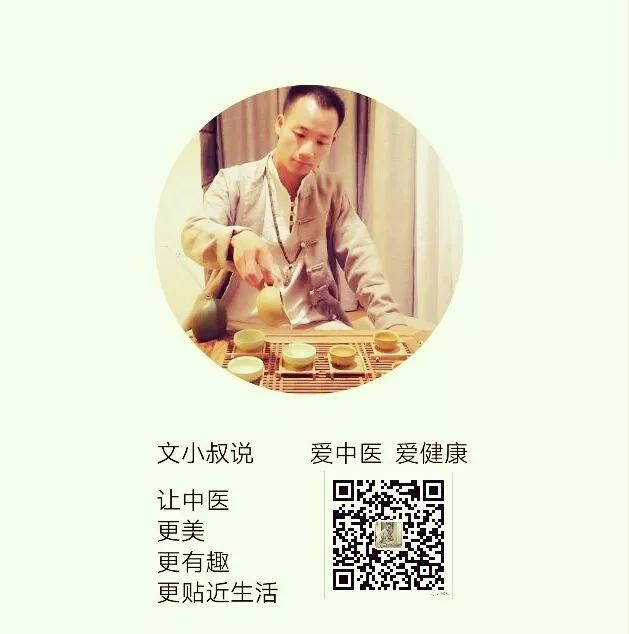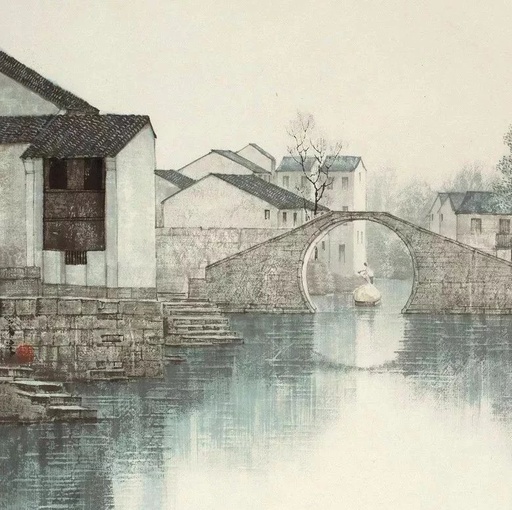Uncle Wen says making Traditional Chinese Medicine (TCM) more beautiful, interesting, and relevant to life
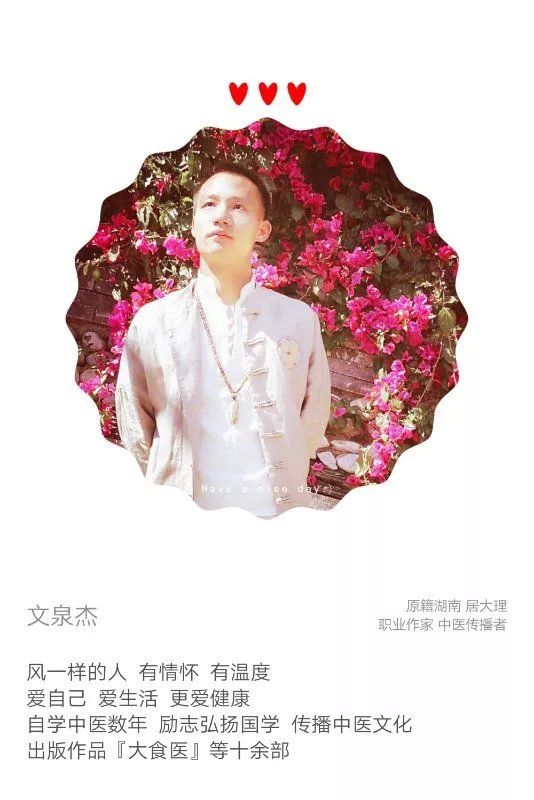
A friend from Lanzhou, a 25-year-old young man, full of vigor, left a message for Uncle Wen, saying, “Uncle, I feel like I have both Yin and Yang deficiency. What medicine should I take?”
Uncle Wen asked, “How can you be so young and have both Yin and Yang deficiency?”
He replied, “Didn’t you say that fear of cold is Yang deficiency and fear of heat is Yin deficiency? If I fear both cold and heat, doesn’t that mean I have both Yin and Yang deficiency?”
Uncle Wen was confused and said, “When did I say that fear of cold is Yang deficiency and fear of heat is Yin deficiency? Fear of cold and heat is merely a small symptom of Yang and Yin deficiency and is not sufficient to diagnose them. To clarify, fear of cold does not necessarily indicate Yang deficiency, but Yang deficiency usually fears cold; similarly, fear of heat does not necessarily indicate Yin deficiency, but Yin deficiency usually fears heat. Don’t take things out of context, and don’t casually diagnose yourself or buy medicine without proper guidance.”
“Oh, oh, oh,” he exclaimed several times, suddenly enlightened.
Uncle Wen then asked, “How do you experience fear of cold and heat?”
He said, “In winter, my hands and feet are cold, and in summer, my palms are hot. Other than that, I don’t have any other symptoms.”
Uncle Wen concluded, “You, my friend, are a typical case of Blood deficiency; you are neither Yang deficient nor Yin deficient.”
The young man was delighted, saying, “I knew it! At 25, having both Yin and Yang deficiency would be too unfortunate. Luckily, I messaged Uncle Wen; otherwise, I would have taken the wrong medicine. Thank you, thank you, so much!”
Dear friends, through this example, Uncle Wen wants to convey: do not determine Yin and Yang deficiency based solely on fear of cold or heat, nor by having cold hands and hot palms.
So, is fearing both heat and cold indicative of both Yin and Yang deficiency? No, it is not.
Another friend asked, “Is thirst a sign of Yin deficiency?”
Thirst is not necessarily a sign of Yin deficiency. Yin deficiency generates internal heat, which usually leads to thirst, but this thirst can be easily resolved by drinking water or consuming foods that nourish Yin and relieve thirst. However, Yang deficiency can also cause thirst, and addressing thirst due to Yang deficiency is not as straightforward; no matter how much water you drink, you may still feel thirsty.
Thirst due to Yang deficiency arises because your Yang’s ability to transform Qi is weakened; it is not that your body lacks water, but rather that there is too much water in your body that is not being utilized. This excess water has not been transformed by Kidney Yang into vapor to nourish our body.
For example, you all have boiled water before, right? The water in the pot is like the water in our body, the pot lid represents our mouth, and the stove fire symbolizes our Kidney Yang. To moisten the pot lid, what should we do? Add more water? That won’t help. No matter how much water you add, the pot lid will still be dry. The only way is to ignite the stove fire, allowing the fire to boil the water; once the water boils, the steam rises, and the pot lid becomes moist.
Similarly, when Kidney Yang is sufficient, the water in the body will be vaporized, and this vaporized water will rise, nourishing every part of us, preventing dryness in our pores and mouth.
Thus, simply using thirst to differentiate between Yin and Yang deficiency is also incorrect.
At this point, friends furrow their brows, wondering how to distinguish between Yin and Yang deficiency. Uncle Wen, please tell us!
This question has been addressed by Uncle Wen many times before, but today I will reiterate it to satisfy the needs of new friends.
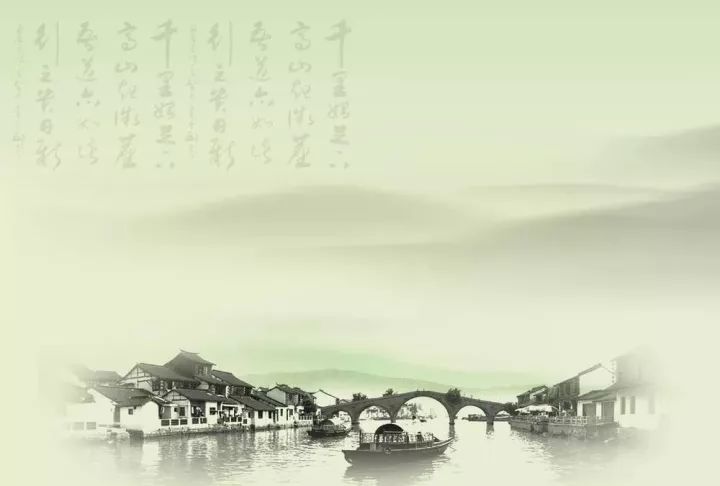
What exactly is Kidney Yin deficiency?
The first symptom of Kidney Yin deficiency is fear of heat, a genuine fear of heat, where one feels like shedding clothes and doesn’t want to wear them. Yin deficiency generates internal heat. In summer, while others feel fine, they feel unbearably hot and thirsty, constantly wanting to drink water. Their palms and soles are hot, and their cheeks may flush from time to time.
Some friends may experience low-grade fevers from 5 PM to 7 PM, yet medical examinations show nothing wrong.
At night, those with Yin deficiency cannot sleep well, tossing and turning. This is called Heart-Kidney disharmony, where Heart fire floats above, and Kidney water cannot rise. Just as they begin to feel sleepy, they wake up hot and sweating, with a wet pillow; this is known as Yin deficiency night sweats.
People with Yin deficiency have trouble sleeping in winter because there is less sweating, and Qi and Blood are trapped inside, leading to increased heat, making it very difficult to fall asleep. After sleeping for a while, they feel hot all over, and when they kick off the blanket, it’s winter outside, and they feel cold, so they pull back in. This cycle is truly frustrating.
Those with Kidney Yin deficiency will have excess Liver fire because Kidney water cannot nourish Liver wood. Those with excess Liver fire will have many dreams; just as they fall asleep, they are bombarded with dreams.
Indeed, tinnitus is a bothersome symptom of Kidney Yin deficiency; it won’t kill you or cause deafness, but it can be very annoying, like a cicada that never stops. It’s better during the day but worsens at night. This type of tinnitus is difficult to treat, and those with a poor mindset may feel overwhelmed.
There is also a type of tinnitus that sounds like a roaring train, which is caused by excess Liver fire.
The above are the most obvious symptoms of Yin deficiency; now let’s look at other symptoms.
The Kidney governs bones and produces marrow; insufficient essence will lead to problems in areas related to marrow, such as the brain. You may experience poor memory, decreased cognitive ability, and a lack of persistence in tasks, often losing interest quickly, indicating a lack of willpower.
Your knees may feel weak, and your lower back may ache, but not painfully. While walking, you may feel dizzy; Western medicine may attribute this dizziness to high blood pressure, but it is actually due to Kidney essence failing to nourish the marrow sea.
Those with Yin deficiency may also experience constipation, which is often dry and hard, resembling sheep droppings.
Yin deficiency individuals may also have nocturnal emissions, frequently experiencing dreams that deplete their essence.
Another embarrassing issue for those with Yin deficiency is premature ejaculation; these individuals can achieve an erection but cannot maintain it due to insufficient Yin, which fails to control Yang, leading to ejaculation.
Uncle Wen particularly reminds friends that the more insufficient the essence, the stronger the desire; insufficient essence leads to excessive Yang outward, constantly thinking about sexual matters. This creates a vicious cycle that requires serious attention. Do not think that the stronger your ability, the more you want to engage in such activities.
These are the issues brought about by Yin deficiency; of course, there are other problems, such as thirst, five-center heat, and irritability, which I won’t elaborate on.
Upon reading this, some friends may breathe a sigh of relief, thinking, “Thank goodness, I don’t have any of the above symptoms. Could it be that I have Kidney Yang deficiency?”
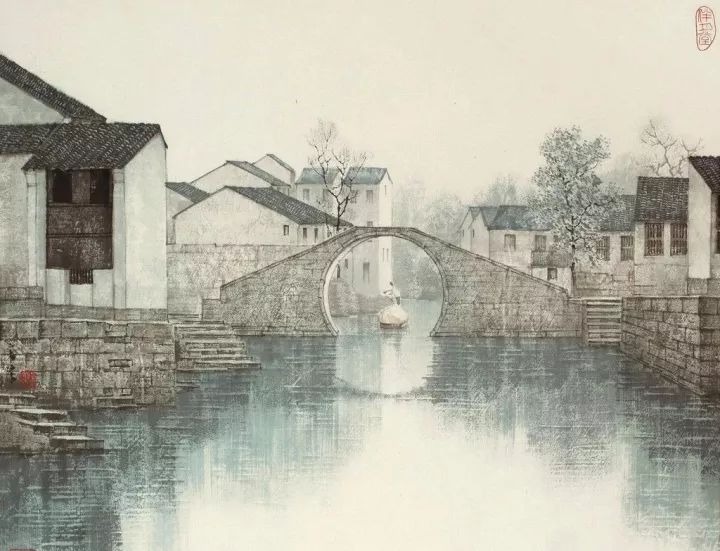
What is Kidney Yang deficiency?
Uncle Wen first gives friends a warning: if you have Kidney Yang deficiency, I regret to inform you that you likely also have Yin deficiency, just with fewer symptoms of Yin deficiency and more symptoms of Yang deficiency. What does this mean? It means you have both Yin and Yang deficiency.
What is the reasoning behind this? Because Yang deficiency develops from the foundation of Yin deficiency; first, there is Yin deficiency, and over time, Yang deficiency arises. Is there pure Yang deficiency? Yes, but it is rare and usually congenital.
This Yin is the material foundation, and Yang is the energetic activity; Yin is what is used, and using a little means less is available, which is essential for maintaining life activities. Yang, on the other hand, is the manifestation of Yin; without Yang, Yin becomes dead Yin, useless Yin, like a stagnant pool of water. Only flowing water can create rivers and lakes.
To put it more simply, without Yin, all life activities will cease. Without Yin, you cannot eat, drink, or perform bodily functions. It’s like an electric vehicle; when the battery is full, it runs fast and lasts long, but as the battery depletes, it slows down and eventually stops. The battery represents Yin, while the vehicle represents Yang.

So, what are the symptoms of Kidney Yang deficiency?
The first reaction to insufficient Yang Qi is various cold sensations, such as cold hands and feet, cold stomach, diarrhea, and cold uterus, etc. If you’re already wearing a heavy winter coat at the beginning of autumn, it’s clear that you are Yang deficient.
Yang deficient individuals will experience blocked meridians, leading to pain, which is different from Yin deficiency; Yin deficiency causes soreness, while Yang deficiency causes pain, such as knee pain, lower back pain, ankle pain, and dysmenorrhea, which is not only painful but also cold and painful.
Another obvious characteristic of Yang deficiency is that they do not drink much water but frequently wake up at night to urinate, repeatedly, making it hard to sleep through the night. Why is this? Because the water consumed requires the Yang Qi of the Kidney to transform it; if the transformation function is insufficient, the water remains as water.
During the day, with the help of the sun, their transformation function is relatively okay, so they do not experience frequent urination; however, at night, when the sun is gone, their Yang Qi is insufficient, leading to increased urination. For such individuals, Uncle Wen recommends gua sha (scraping therapy) on the entire back and consuming raw chestnuts, both of which can help improve nighttime urination issues.
Individuals with insufficient Yang Qi will directly manifest in sexual activity as an inability to achieve an erection rather than premature ejaculation. If you cannot achieve an erection, do not force it; this is your body signaling that it needs a break. Forcing it with aphrodisiacs is like draining the pond dry or drinking poison to quench thirst; you understand the consequences.
Seeing this, many friends feel disheartened, thinking, “I might be suffering from both Yin and Yang deficiency. No, it’s not just a possibility; it’s certain.”
Indeed, in this era, there are many bad habits; pure Yin deficiency is rare, and pure Yang deficiency is even rarer; usually, both Yin and Yang deficiencies coexist, with some individuals exhibiting more symptoms of Yang deficiency and others more symptoms of Yin deficiency.
However, friends should not be too anxious; if there is deficiency, so be it. As long as the body is in a relatively balanced state, that is sufficient. Just ensure that you do not continue to deplete it and gradually nourish it over time.
How to regulate Yin deficiency, Yang deficiency, and both? Are there any formulas?
Yes, tomorrow Uncle Wen will reveal the only formula by the male god Zhang Zhongjing for regulating Kidney deficiency.
Special reminder: A beautiful day begins! I hope Uncle Wen’s article brings you a good mood for the day. If you like the article, don’t forget toclick the “Like” button at the bottom right of the article or share it with your friends! Uncle Wen’s shared formulas should be taken under the guidance of a physician. Due to limited energy and ability, I cannot reply to all messages; please forgive me. May you become your own divine doctor.
Here comes the benefit!: Open the public account dialogue box and enter “irregular menstruation,” “cold,” “hair loss,” “cold hands and feet,” “stomach pain,” “Liver Qi stagnation,” “depleted essence,” “upper heat and lower cold,” “Spleen and Stomach,” “insomnia,” “dampness removal,” “Qi and Blood,” “weight loss,” “constipation,” “diarrhea,” “Kidney deficiency,” “acne removal,” “cough,” “rhinitis,” “cervical spine,” “depression” to obtain corresponding regulating formulas.
